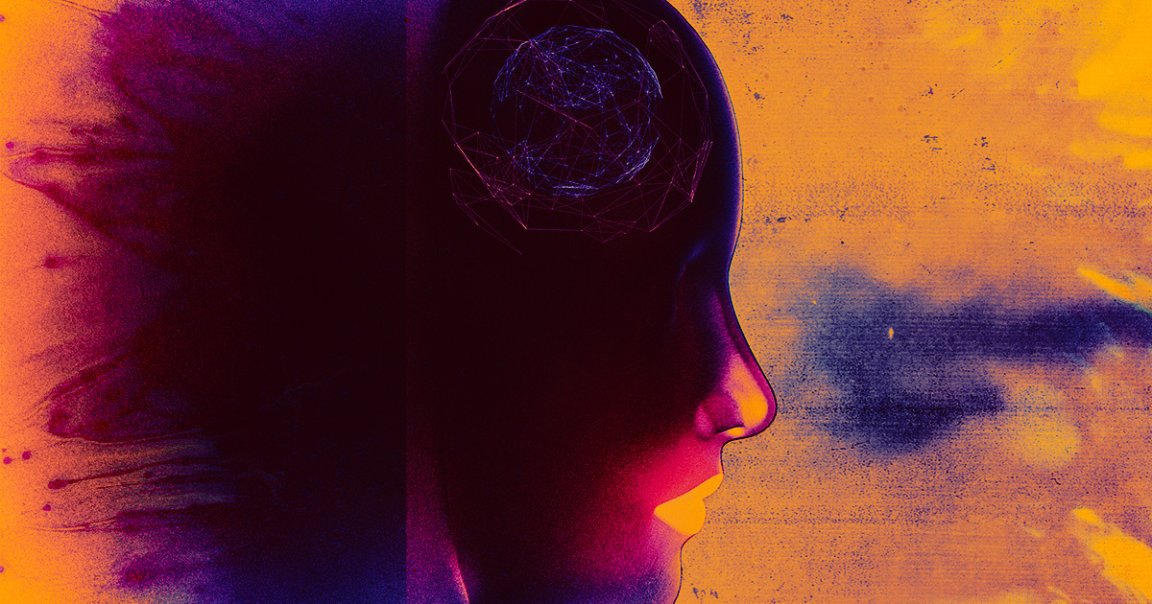
Impending Gloom
Geoffrey Hinton, one of the “godfathers” of AI, is adamant that AI will surpass human intelligence — and worries that we aren’t being safe enough about its development.
This isn’t just his opinion, though it certainly carries weight on its own. In an interview with the BBC‘s Newsnight program, Hinton claimed that the idea of AI surpassing human intelligence as an inevitability is in fact the consensus of leaders in the field.
“Very few of the experts are in doubt about that,” Hinton told the BBC. “Almost everybody I know who is an expert on AI believes that they will exceed human intelligence — it’s just a question of when.”
Rogue Robots
Hinton is one of three “godfathers” of AI, an appellation he shares with Université de Montréal’s Yoshua Bengio and Meta’s Yann LeCun — the latter of whom Hinton characterizes in the interview as thinking that an AI superintelligence will be “no problem.”
In 2023, Hinton quit his position at Google, and in a remark that has become characteristic for his newfound role as the industry’s Oppenheimer, said that he regretted his life’s work while warning of the existential risks posed by the technology — a line he doubled down on during the BBC interview.
“Given this big spectrum of opinions, I think it’s wise to be cautious” about developing and regulating AI, Hinton said. “I think there’s a chance they’ll take control. And it’s a significant chance — it’s not like one percent, it’s much more,” he added. “Whether AI goes rogue and tries to take over, is something we may be able to control or we may not, we don’t know.”
As it stands, military applications of the technology — such as the Israeli Defense Forces reportedly using an AI system to pick out airstrike targets in Gaza — are what seem to worry Hinton the most.
“What I’m most concerned about is when these [AIs] can autonomously make the decision to kill people,” he told the BBC, admonishing world governments for their lack of willingness to regulate this area.
Jobs Poorly Done
A believer in universal basic income, Hinton also said he’s “worried about AI taking over mundane jobs.” This would boost productivity, Hinton added, but the gains in wealth would disproportionately go to the wealthy and not to those whose jobs were destroyed.
If it’s any consolation, Hinton doesn’t think that a rogue AI takeover of humanity is a totally foregone conclusion — only that AI will eventually be smarter than us. Still, you could argue that the profit-driven companies that are developing AI models aren’t the most trustworthy stewards of the tech’s safe development.
OpenAI, which has a history of ethical flip-flopping, was recently criticized by a former safety worker after he lost faith that the company would responsibly develop a superintelligent AI. So even if Hinton is a little guilty of doom and gloom, he’s certainly not alone.
More on AI: The New ChatGPT Has a Huge Problem in Chinese